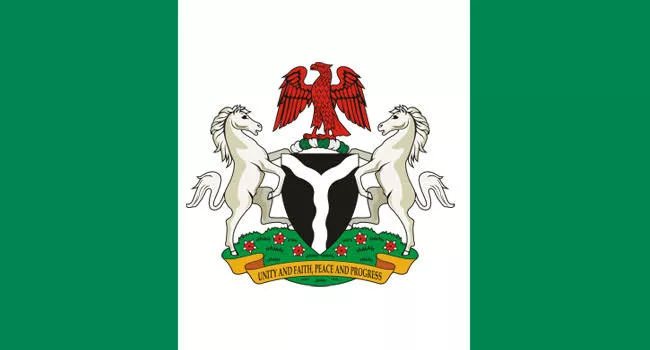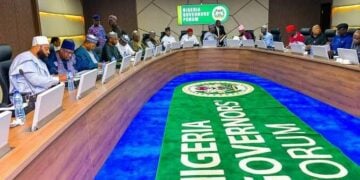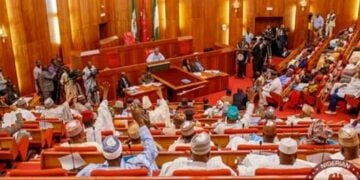The Financial Action Task Force (FATF), at its October 2025 plenary in Paris, France, has officially removed Nigeria from the list of jurisdictions under increased monitoring, commonly known as the ‘grey list’.
This was revealed by the director/chief executive officer of the the Nigerian Financial Intelligence Unit (NFIU), Ms. Hafsat Abubakar Bakari, on Friday.
She said: “This milestone marks a historic moment in Nigeria’s fight against serious financial crimes. The delisting of Nigeria underscores the country’s commitment to global standards in combating money laundering, terrorist financing and proliferation financing.”
Nigeria was represented at the plenary by a high-level delegation which included the Attorney-general of the Federation and Minister of Justice; the Minister of Finance and coordinating minister of the economy; the Minister of Interior and the director/chief executive officer of the NFIU.
Speaking on behalf of Nigeria, the Minister of Finance, Mr. Wale Edun, reaffirmed Nigeria’s commitment to strong anti-money laundering and counter-financing of terrorism systems, noting Nigeria’s ambition was never limited to simply completing the Action Plan and exiting the grey list.
For his part, the attorney-general of the federation, Prince Fagbemi, also expressed Nigeria’s gratitude to the FATF for extending an invitation to the country to join the guest jurisdictions initiative as this will enable the country, represented by the NFIU, to participate under its own flag in the meetings of the FATF for the next one year and contribute to the global discussions on international AML/CFT/CPF standards and policies.
Nigeria was placed on the FATF grey list in February 2023, following the identification of strategic deficiencies in its Anti-Money Laundering and Countering the Financing of Terrorism (AML/CFT) framework
Over the past two years, Nigeria has worked resolutely to address these concerns through a 19-point Action Plan developed in collaboration with the FATF and its regional counterpart, the Inter-Governmental Action Group Against Money Laundering in West Africa (GIABA).
LEADERSHIP recalls that to achieve this feat, Nigeria “enacted and enforced the Money Laundering (Prevention and Prohibition) Act, 2022 and the Terrorism (Prevention and Prohibition) Act, 2022; Operationalisation of the Beneficial Ownership Register, improving corporate transparency and accountability; Enhanced capacity of the intelligence, law enforcement and security agencies in detecting, analysing, and prosecuting complex financial crimes and implemented stronger supervisory and preventive measures by the public and private sector authorities to prevent the abuses of Nigeria’s financial system to facilitate criminal activity, among others things.”





